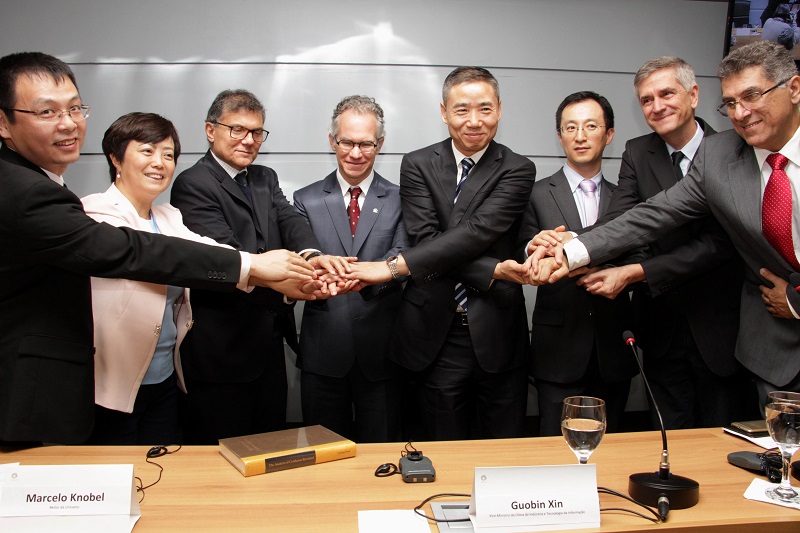BYD, the Chinese solar module, energy storage and electric vehicle manufacturer, has announced this week it is to open its very first overseas PV research and development (R&D) center, via a partnership with Brazil’s Universidade Estadual de Campinas (Unicamp).
The facility will be set up with an initial investment of R$ 5 million (US$1.5 million), and thereafter will be boosted by a percentage of BYD’s domestic net sales generated in Brazil. Preliminary funding set aside is 4% of net sales for 2017-18, rising to 5% for 2019-20, the company confirmed.
Unicamp and BYD’s collaboration falls under the Brazilian government’s PADIS (Program of Support to the Technological Development of the Semiconductor Industry and Displays), and the aim for both parties is to establish channels to develop and bolster Brazil’s solar PV know-know.
The country is one of the frontrunners of Latin America’s solar surge, and BYD has been eager to build upon it presence in the region for some time. Currently, the Chinese firm has a solar PV production facility in Campinas, which was opened as recently as April to augment its existing storage and electric mobility facilities in the country.
Popular content
With an R&D facility in the offing, BYD is poised to become the first company in Brazil to offer comprehensive zero emission energy ecosystem technology, incorporating solar generation and research, storage, and transportation.
“With a global R&D staff of over 20,000 engineers and researchers, and featuring among Fortune Magazine’s ’15 companies changing the world’, the importance BYD gives to technological research is very clear,” said BYD global VP Stella Li.
Unicamp dean Marcelo Knobel added that the partnership is a great opportunity for the university. “BYD chose Campinas as its base in Brazil, and we are convinced that Unicamp will be an important partner in research and development in the field of PV, which will certainly lead to the establishment of other collaborations in the future.”
This content is protected by copyright and may not be reused. If you want to cooperate with us and would like to reuse some of our content, please contact: editors@pv-magazine.com.


1 comment
By submitting this form you agree to pv magazine using your data for the purposes of publishing your comment.
Your personal data will only be disclosed or otherwise transmitted to third parties for the purposes of spam filtering or if this is necessary for technical maintenance of the website. Any other transfer to third parties will not take place unless this is justified on the basis of applicable data protection regulations or if pv magazine is legally obliged to do so.
You may revoke this consent at any time with effect for the future, in which case your personal data will be deleted immediately. Otherwise, your data will be deleted if pv magazine has processed your request or the purpose of data storage is fulfilled.
Further information on data privacy can be found in our Data Protection Policy.